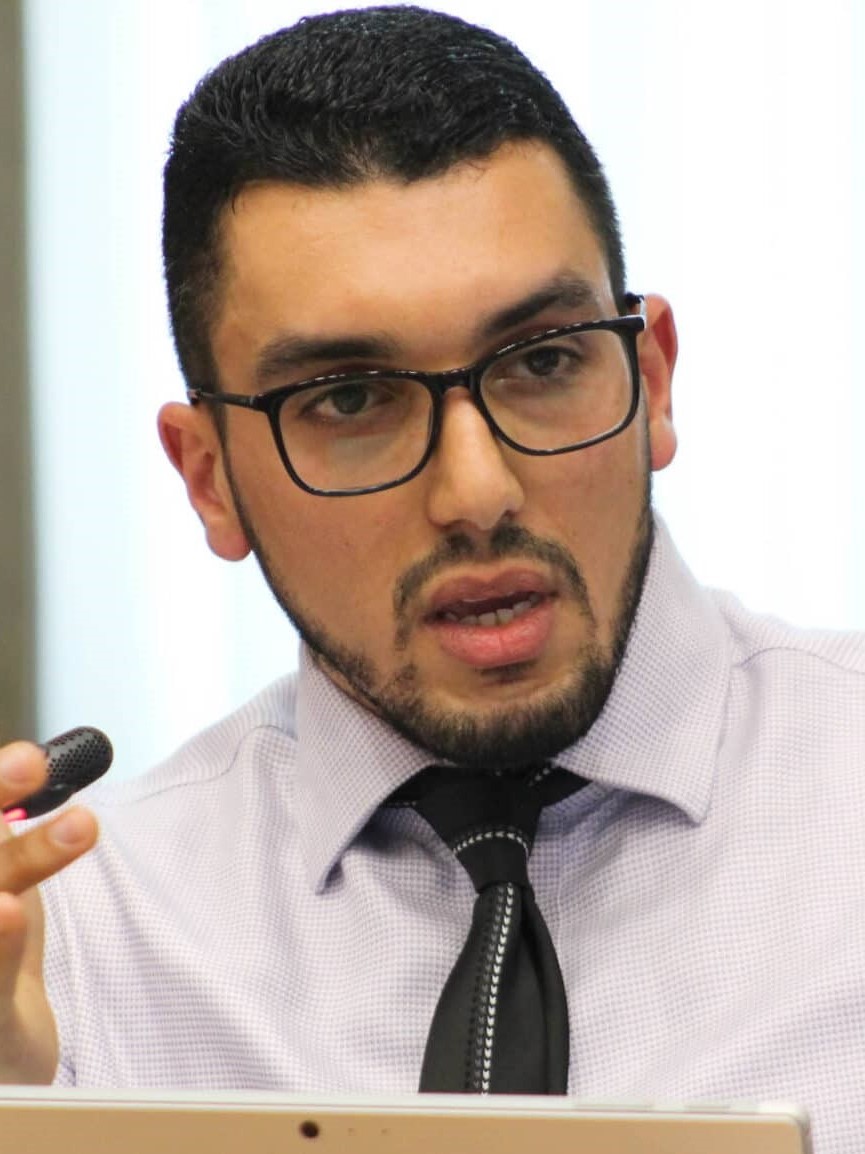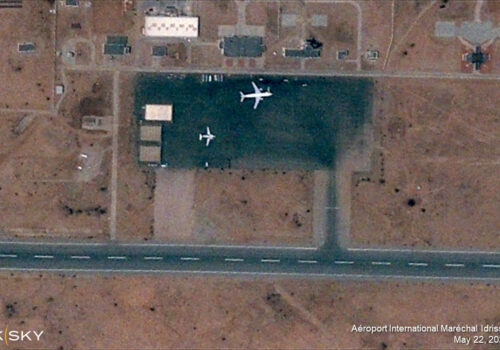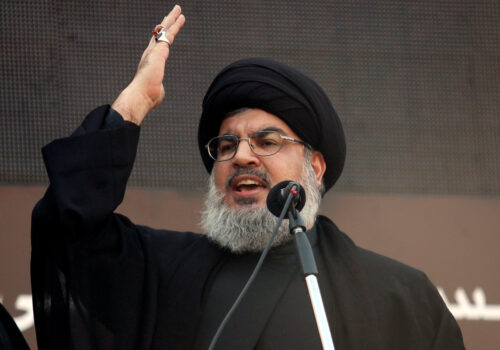Emadeddin Badi was a nonresident senior fellow with the Middle East Programs at the Atlantic Council where he advised on US and European policies toward North Africa and the Sahel, focusing on Libya’s conflict. Emad is also a consulting professional with over a decade of expertise in governance, organized crime, post-conflict stabilization, hybrid security structures, security sector reform, and peacebuilding.
Emad has provided consultancy for organizations like the United States Institute of Peace, United Nations Development Program, and the Geneva Centre for Security Sector Governance . His roles include strategic advice, research, and programmatic support in North Africa and the Sahel. Most recently, he has consulted for the United Nations Department for Political and Peacebuilding Affairs and served as the Military Adviser to the Independent UN Fact-Finding Mission to Libya.
Emad’s writing is featured in in prominent publications such as the Brookings Institution, Carnegie Endowment, Chatham House, Foreign Policy, Small Arms Survey, the Washington Post, War on the Rocks, and World Politics Review. He co-authored an edited volume on violence and social transformation in Libya, published in 2023 by Hurst/Oxford University Press.
Emad is a regular contributor to international media, including the BBC, France 24, CNN, and Al Jazeera, and is frequently quoted in print. He has spoken at Wilton Park, the London School of Economics, Chatham House, Carnegie, and other institutions in Europe and the US.
He is an Expert at the Centre on Armed Groups, a Fellow with the United Nations Alliance of Civilizations (UNAOC), and holds an MSc in Violence, Conflict and Development from SOAS. He is fluent in English, Arabic and French.



